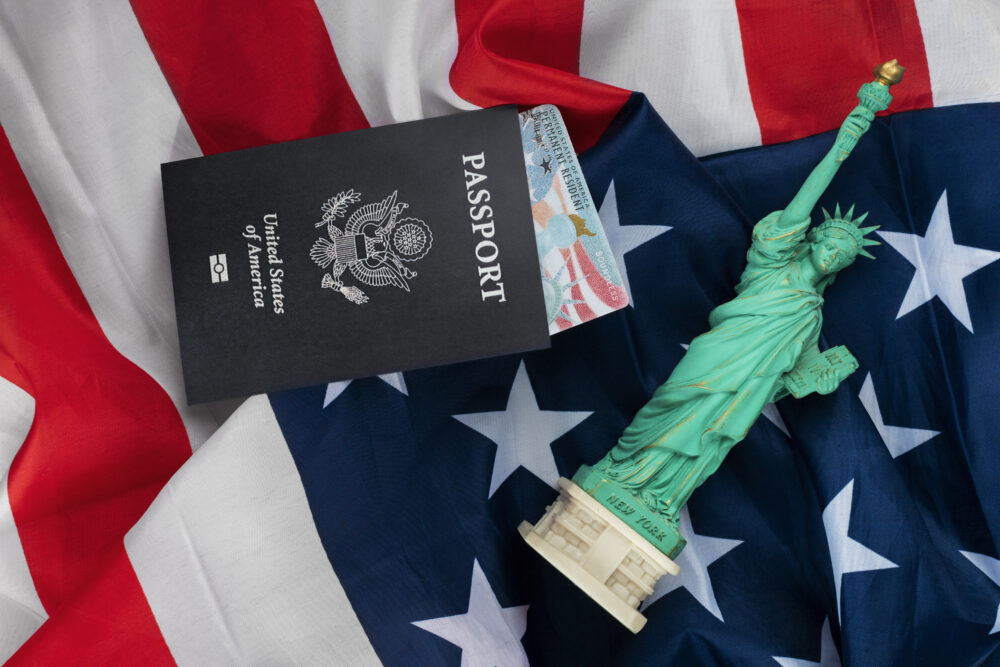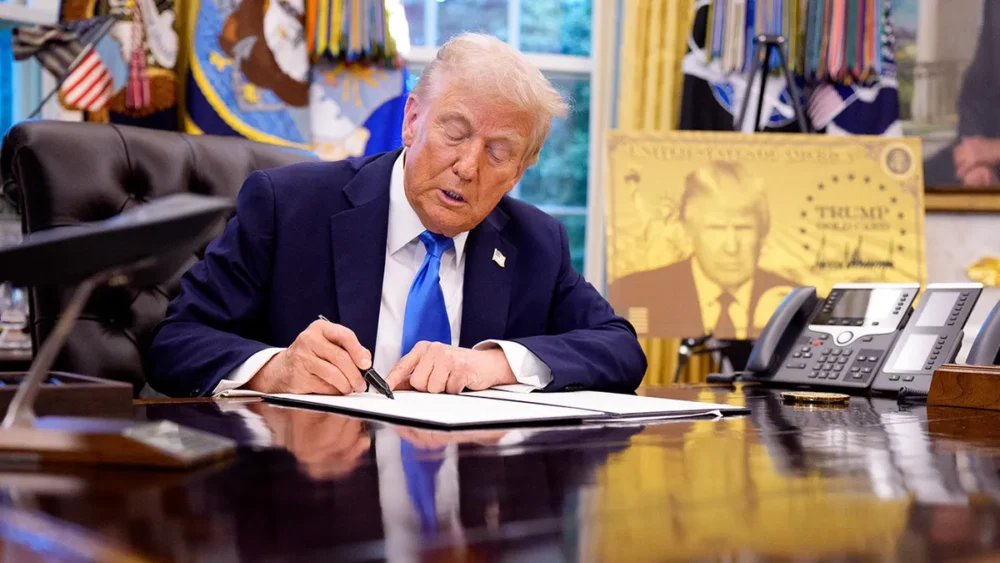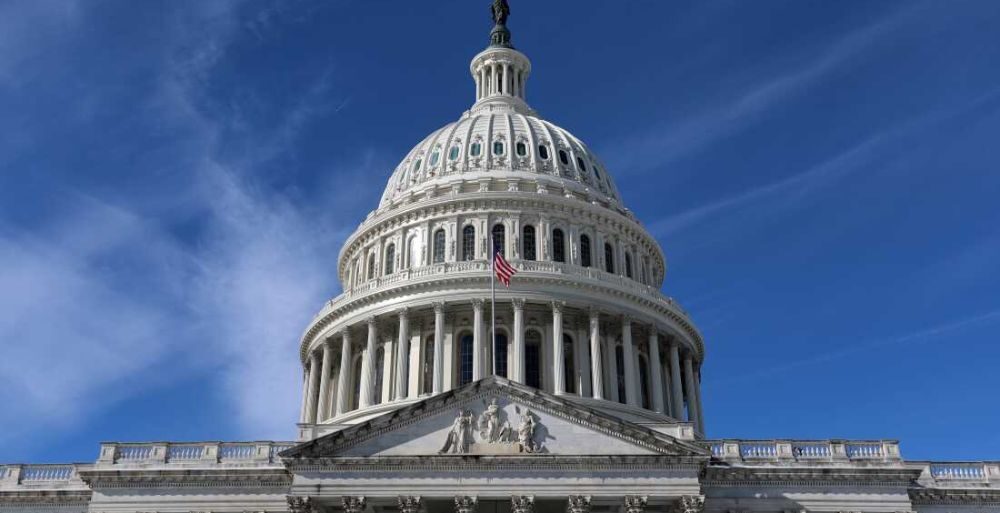The recent announcement of a $100,000 supplemental fee for H-1B visa applications has raised questions about who should pay this cost—the employer or the employee.
Currently, U.S. immigration law requires sponsoring employers to pay most of the H-1B visa expenses, including filing fees, fraud prevention charges, and other government costs. Employees usually cover only personal costs such as visa stamping and consular interview fees.
With the new $100,000 surcharge set to apply to fresh H-1B applications filed after September 21, 2025, the financial burden is expected to fall primarily on employers. This fee will not affect existing H-1B holders or renewal applications filed before the deadline.
Experts believe this significant increase could force companies to rethink their hiring strategies. Some organizations may limit foreign recruitment, explore alternative visa routes, or adjust compensation structures to offset the additional expense.
For foreign professionals, the development brings uncertainty, but the responsibility for paying the new fee largely remains with the sponsoring company.















